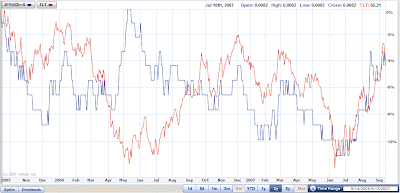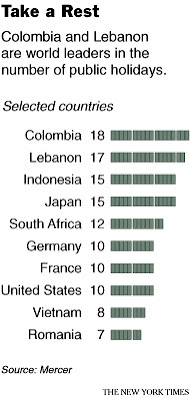Added to Watch List: Pulte Homes Exchange Traded Bond (PHA)
(UPDATED) In a prior post I mentioned low-quality bonds that were beaten-down in the last few months. My contrarian impulses have made me to look at homebuilder bonds (I also thought about bonds of Abitibi Consolidated--a stock I'm thinking of investing in). There are a lot of bonds one can invest in but I am limiting myself to exchange-traded bonds. For those not familiar, these are bonds that trade on an exchange, whereas the vast majority of bonds do not trade on an exchange (this is also what makes bonds unattractive to small investors). With an exchange traded bond, you will buy/sell as if it were an ETF or stock. I have previously held one of the exchange-traded bonds of General Motors (symbol: GMS). The one that caught my eye is the Pulte Homes 7.375% Senior Notes due 6/1/2046 (symbol: HMA). You can get more information from the best free bond investing site on the planet: Quantum Online (if you are interested in bonds, you should bookmark this site. You need the free regi...




